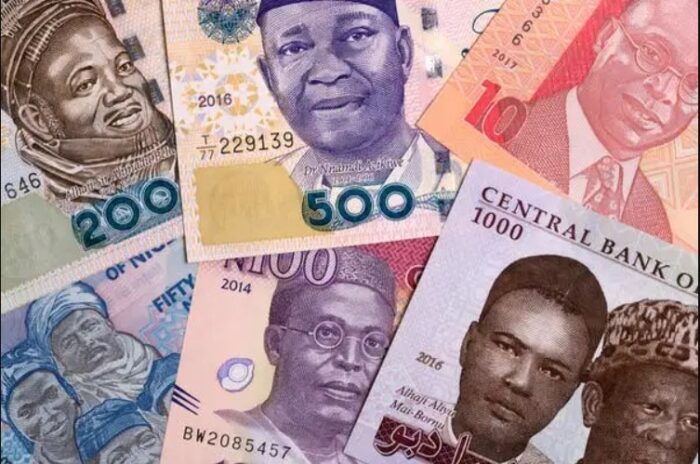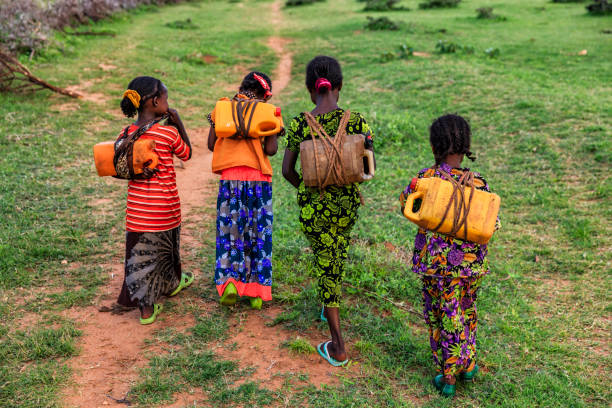Rajul Awasthi, World Bank’s senior public sector specialist in domestic resource mobilisation, has revealed that Nigeria comes last in the average revenue to gross domestic product (GDP) ratio of 115 countries.
Awasthi made this known at a virtual pre-summit organised by the Nigerian Economic Summit Group on Wednesday. He explained that Nigeria would eventually have to do away with the subsidy strategy.
“Nigeria has the largest economy in Africa and the largest country in Africa by population, so it is critical to Africa’s progress. There is no doubt about that. But the government of Nigeria, from the public finance perspective, is really facing an existential threat. Let’s not downplay the situation. That is the actual reality,” Awasthi said.
READ ALSO: Naira Fall, Food Scarcity… CBN Governor Godwin Emefiele’s Scorecard
“Nigeria is 115th out of 115 countries in terms of the average revenue to gross domestic product ratio. Despite the oil prices rising the way they have been, net oil and gas revenues have been coming down because of the tremendous impact of the subsidy.
“So, what is going to happen in 2022? The federation’s revenues are going to be significantly lower. They are already very low, and Nigeria is already the lowest in the world out of 115 large countries, and this year, it’s really going to be lower than what it was in 2020 because of the debilitating impact of fuel subsidy.”
Nigeria’s revenue spending has been painted in a more negative light in recent times. The International Monetary Fund (IMF) had projected in March that Nigeria might spend 93 percent of its revenue on debt servicing in 2022. Zainab Ahmed, Minister of Finance, Budget and National Planning, later announced that about 119 percent of Nigeria’s revenue was spent on debt servicing in the first quarter of 2022.
Ahmed has also said that the federal government might spend as much as N6.72 trillion as fuel subsidy in 2023 or pay N3.36 trillion up to mid-2023.
READ ALSO: FG Spent More Money Servicing Debt Than Total Revenue In Q1 2022
An economic report from the Central Bank of Nigeria (CBN) showed that revenues in Nigeria decreased by 36.6 percent in the fourth quarter of 2021 compared to the previous quarter.
“Provisional Federal Government of Nigeria (FGN) retained revenue at N1,265.34 billion, declined by 36.6 percent and 3.2 percent relative to the budget benchmark and the preceding quarter respectively, reflecting the persistent revenue challenge over the past two years,” the report read in part.
Spending trillions to maintain Nigeria’s subsidy and failure to improve oil and gas revenues have proven to be Nigeria’s fiscal brick wall.
Subscribe
Be the first to receive special investigative reports and features in your inbox.















